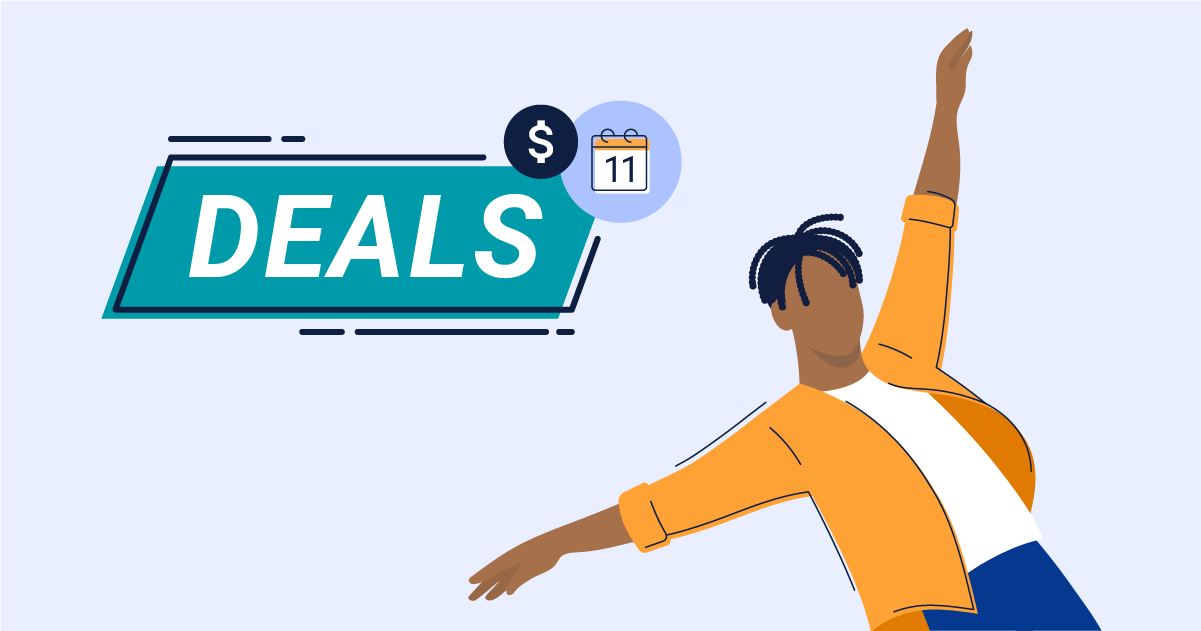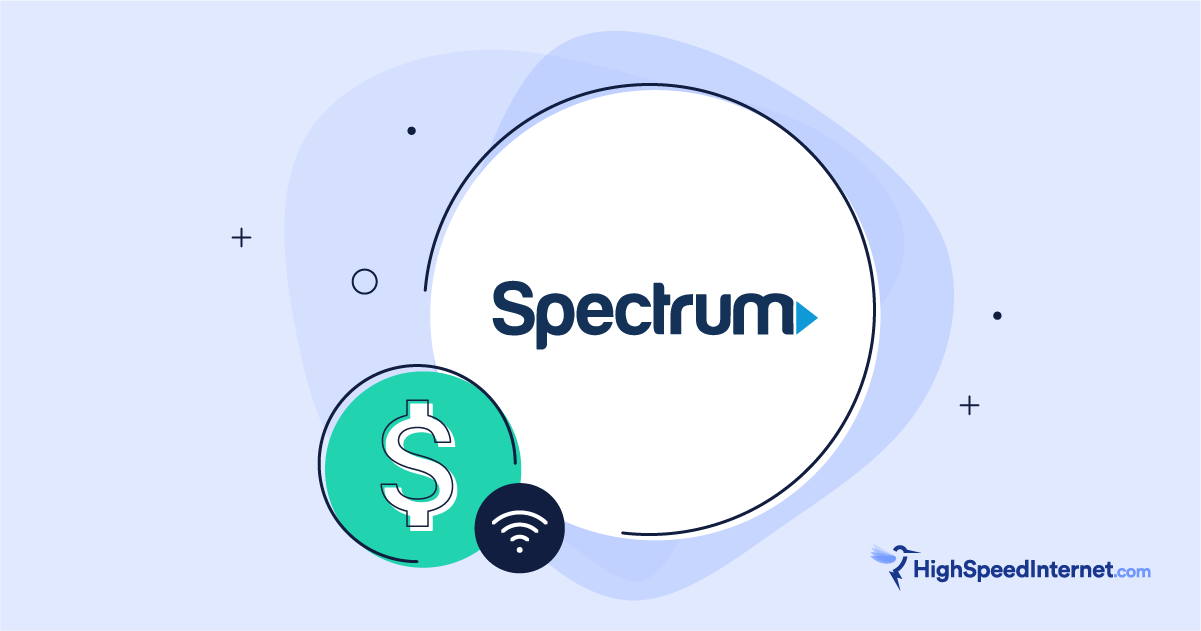How To Get Low-Income Internet Through Google Fiber
Affordable Connectivity Program benefits are ending, but you can still get discounted internet through other programs
Jan 23, 2025 | Share
Brand Guides, How-To, Low-Income
As legislative deadlock forces the Affordable Connectivity Program (ACP) to shut down, millions of Americans will lose the discounts that they relied on to balance their internet bill with their household budget. Although Congress still needs to find a way to address this issue at the federal level, there are other low-income internet programs that are still available.
Google Fiber is a great choice if it’s available in your area, but it’s a pricey alternative for people who have just lost their ACP benefits. While you get great value for the money you spend, Google Fiber doesn’t have much in the way of low-cost options.
Alternatives to the ACP
Passed as part of the Bipartisan Infrastructure Law, the Affordable Connectivity Program (ACP) has been one of the most effective and efficient programs for expanding internet access in low-income communities. While its closure will have a significant impact on those in the program, as well as negative consequences for the broader economy, there are, fortunately, other programs to help people afford internet access. One of the easiest ways to transition away from the ACP is to enroll in another government program.
The Lifeline program is the other active government program for internet assistance. The Lifeline program works similarly to the ACP. However, it has stricter eligibility requirements and offers a smaller benefit. Not all ACP participants will qualify for Lifeline, but if you qualified for the ACP through one of these programs, you likely qualify for the Lifeline program as well:
- Supplemental Nutrition Assistance Program (SNAP)
- Supplemental Security Income (SSI)
- Veterans Pension and Survivors Benefits
- Federal Public Housing Assistance (FPHA)
- Medicaid
- Tribal Programs for Native Americans
Lifeline also offers benefits based on income, but the threshold for Lifeline is 135% of the federal poverty guideline, rather than the 200% needed for the ACP. To check your eligibility for the program, visit the Lifeline website.
Do you know what internet options are available to you?
Enter your zip code below to find out what providers have coverage where you live.
What happens when the ACP ends?
April was the last fully-funded month of the ACP, during which those in the program received their full benefit. In May, participants will only receive a partial payment or $7–$16 toward their monthly internet bill, rather than the full $30. After May, no one in the program will receive any benefits unless Congress chooses to fund the program once again.
Once the program has ended, those on plans wholly covered by the ACP plan will lose internet service completely unless they opt-in to receiving undiscounted service from their provider. ACP customers can also opt-out of their internet service at the end of the ACP.
To avoid an interruption in service, you must do the following:
- Acknowledge receiving the disclosures about the ACP ending
- Consent to receive internet service without the ACP discount
- Pay your full bill for the upcoming month
You can also choose to switch to a different provider or cancel your connection entirely, though we’d suggest looking into other free and low-cost options first.
Other providers with low-income programs
One of the reasons that the ACP worked so well is that the program was nearly universal—all major internet providers participated in the program and had an incentive to tailor their own plans to work better with the subsidy it provided. Many ISPs have stepped up to fill the gap left by the end of the ACP, but while their requirements and benefits are similar, there’s some important differences between these programs.
If Google Fiber plans no longer fit your budget without the ACP benefit, here are some other internet providers with tailored programs and affordable internet plans:
Do you know what internet providers offer service in your area?
Enter your information below to find the provider in your area that best meets your needs.
Other options from Google Fiber
Google Fiber has plans starting at speeds of 1Gbps and only getting faster from there. The higher tier plans are overkill even for those of us who are chronically online, but the 1 Gig and 2 Gig plans offer great speed at a reasonable price. Unfortunately, Google Fiber doesn’t have a budget plan, so if you’re looking for a basic plan at an affordable price, you should probably consider other options in your area.
Google Fiber plans and pricing
| Package | Price | Speed | Connection type | Order online |
|---|---|---|---|---|
| Core 1 Gig | $70.00/mo. | 1,000Mbps | Fiber | See Plans for Google Fiber |
| Home 3 Gig | $100.00/mo. | 3,000Mbps | Fiber | See Plans for Google Fiber |
| Edge 8 Gig | $150.00/mo. | 8,000Mbps | Fiber | See Plans for Google Fiber |
| 1 Gig | $70.00/mo.* | 1,000Mbps | Fiber | See Plans for Google Fiber |
| 2 Gig | $100.00/mo.* | 2,000Mbps | Fiber | See Plans for Google Fiber |
| 5 Gig | $125.00/mo.** | 5,000Mbps | Fiber | See Plans for Google Fiber |
| 8 Gig | $150.00/mo.** | 8,000Mbps | Fiber | See Plans for Google Fiber |
Data effective 1/23/2025. Offers and availability may vary by location and are subject to change.
*Terms and Conditions: Plus taxes and fees. Service not available in all areas. If you live in an apartment or condo, Google Fiber’s ability to construct and provide Fiber is subject to the continued agreement between Google Fiber and the property owner. Upload/download speed and device streaming claims are based on maximum wired speeds. Actual Internet speeds are not guaranteed and may vary based on factors such as hardware and software limitations, latency, packet loss, etc.
**Available in select markets only. Plus taxes and fees. Upload/download speed and device streaming claims are based on maximum wired speeds. Actual Internet speeds are not guaranteed and may vary based on factors such as hardware and software limitations, latency, packet loss, etc.
Additional resources
If you’d like to learn more about low-income programs and other ways to find affordable internet, there are lots of other articles on HighSpeedInternet.com to help you learn about the topic.
- Government Programs To Make Internet Service More Affordable
- How To Get Free and Low-Cost Internet
- Best Internet Deals
- Best Internet Plans and Discounts for Seniors
- Best Internet Plans and Discounts for Students
- Best Internet for Veterans and Military Families
- Rural Internet Providers
- The End of the ACP
Author - Peter Christiansen
Peter Christiansen writes about telecom policy, communications infrastructure, satellite internet, and rural connectivity for HighSpeedInternet.com. Peter holds a PhD in communication from the University of Utah and has been working in tech for over 15 years as a computer programmer, game developer, filmmaker, and writer. His writing has been praised by outlets like Wired, Digital Humanities Now, and the New Statesman.
Editor - Jessica Brooksby
Jessica loves bringing her passion for the written word and her love of tech into one space at HighSpeedInternet.com. She works with the team’s writers to revise strong, user-focused content so every reader can find the tech that works for them. Jessica has a bachelor’s degree in English from Utah Valley University and seven years of creative and editorial experience. Outside of work, she spends her time gaming, reading, painting, and buying an excessive amount of Legend of Zelda merchandise.




